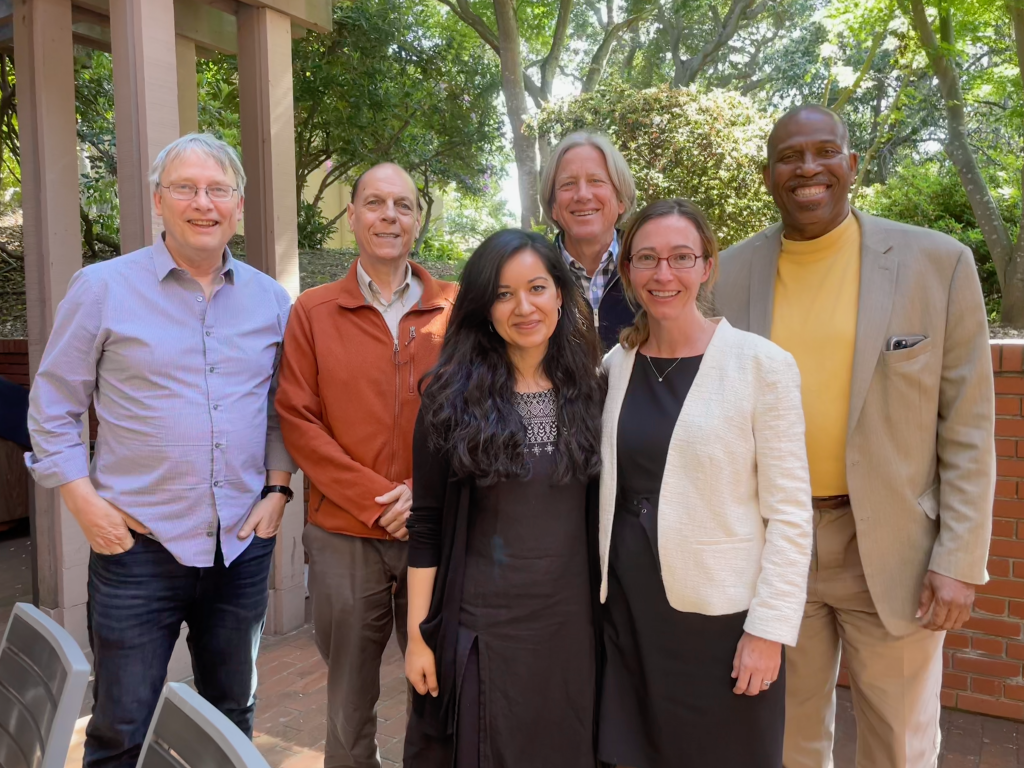 Smriti, after being quizzed on implicit theories of intelligence and academic motivation by her Qualifying Exam Committee. Onward and upward!
Smriti, after being quizzed on implicit theories of intelligence and academic motivation by her Qualifying Exam Committee. Onward and upward!
-
Search It!
-
Recent Entries
- Are groovy brains more efficient?
- Breaking the mould of executive function research
- Lateral frontoparietal functional connectivity based on individual sulcal morphology
- Illuminating the Brain Consortium
- Newly published textbook on developmental cognitive neuroscience!
- We are currently hiring!
- Development of human lateral prefrontal sulcal morphology and its relation to reasoning performance
- Uncovering a tripartite landmark in posterior cingulate cortex
- Presence or absence of a prefrontal sulcus is linked to reasoning performance during child development
- Relational thinking: an executive function?
-
Links
